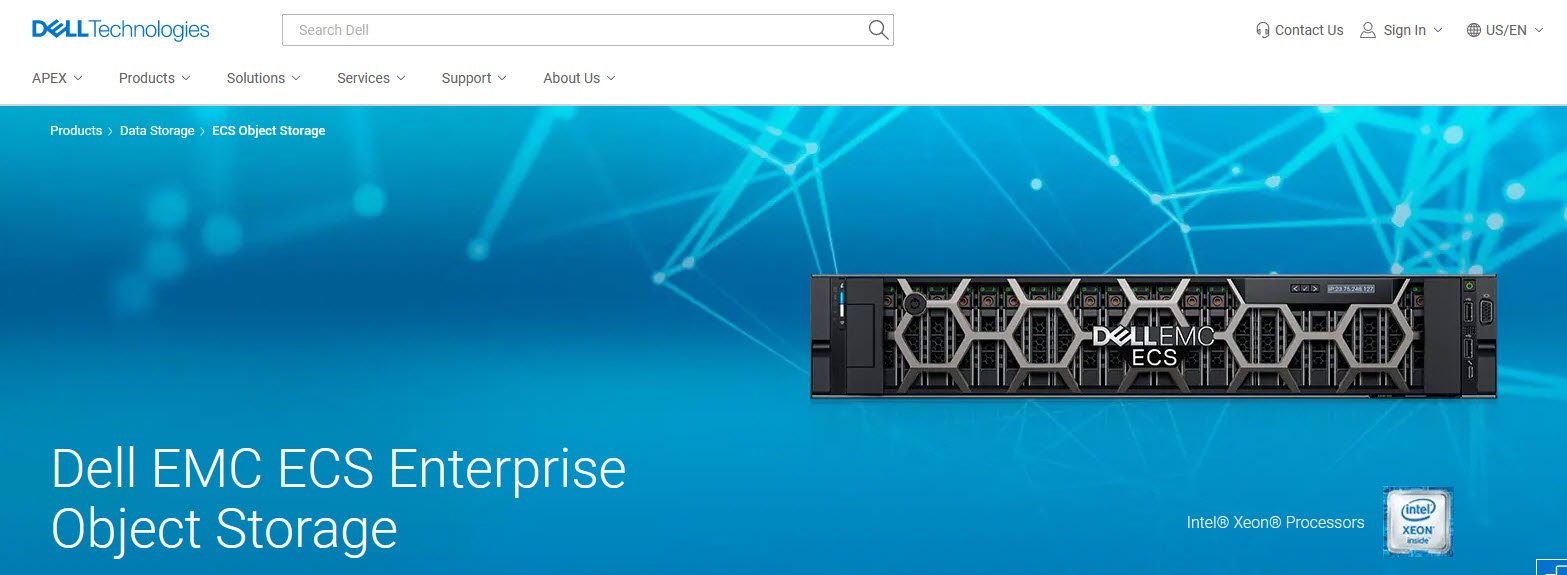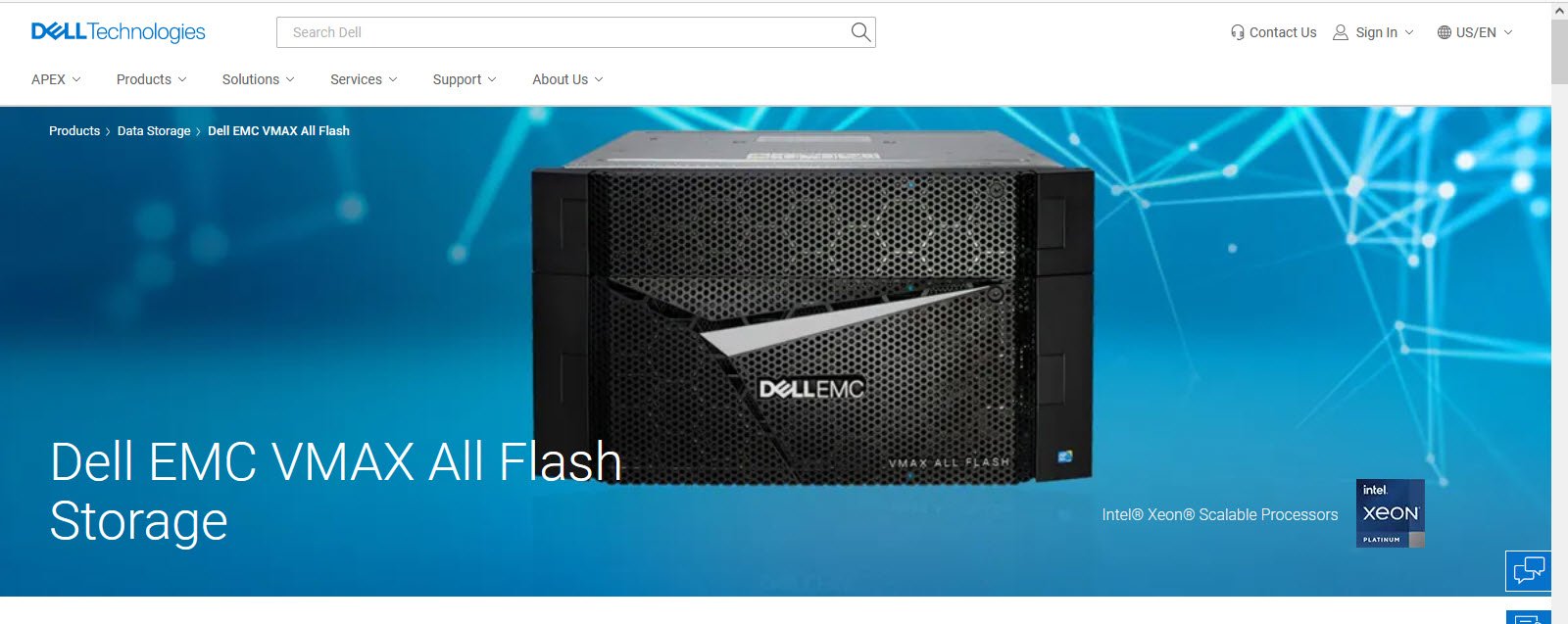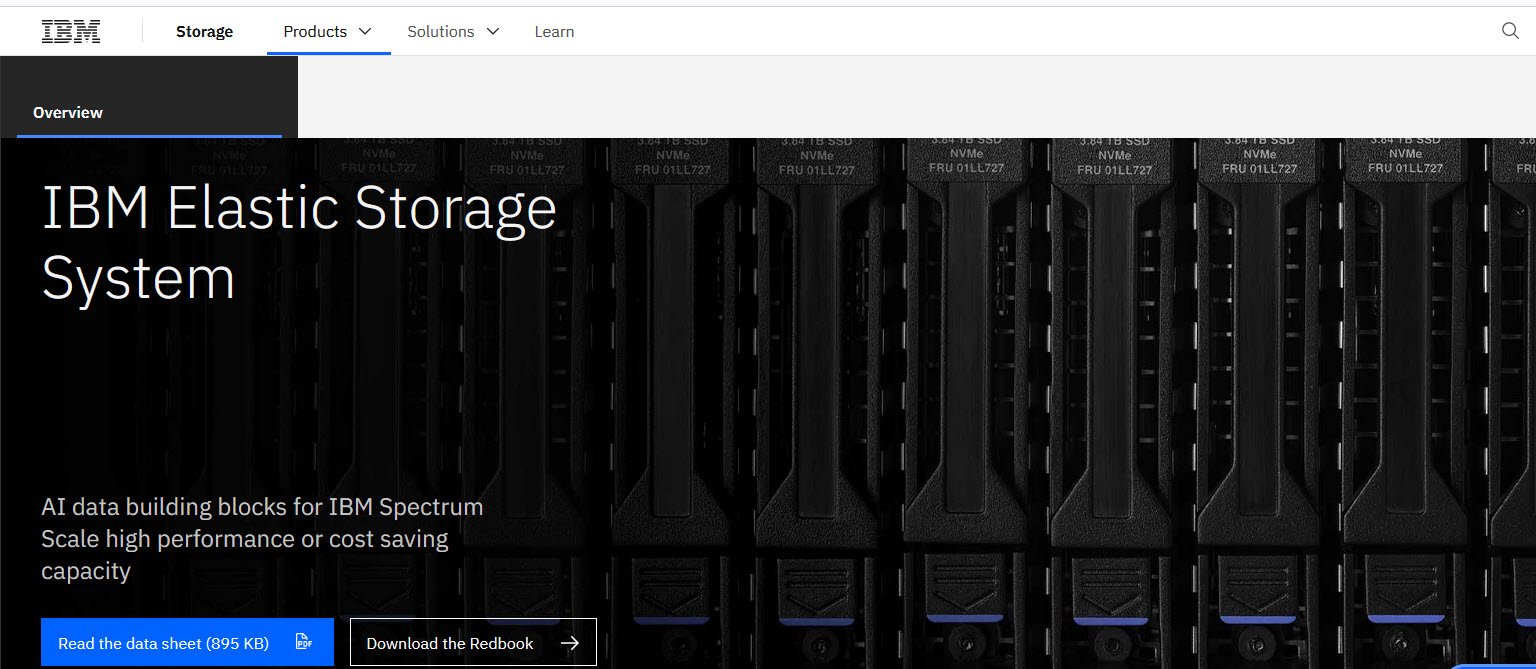
The hardware and software framework that supports the computational needs of a private or public cloud storage service is known as a cloud storage infrastructure.
Some businesses might prefer the level of control that private cloud infrastructures provide over having to host, manage, and maintain their own cloud storage infrastructure.
If so, they can make a deal with a cloud storage service provider to purchase the necessary hardware for cloud operations. Infrastructure-as-a-Service (IaaS) is a provisioning model where the customer typically pays on a per-use basis and the service provider controls the hardware (storage, servers, hardware, and networking components).
Listed below are some public and private cloud storage infrastructures:
- Digital Ocean
- Huawei Cloud Storage
- Dell EMC ECS
- DELL EMC VMAX All Flash
- IBM Elastic Storage System
1. Digital Ocean
Cloud hosting company Digital Ocean provides infrastructure as a service and cloud computing services (IaaS). In a matter of seconds, monthly rates start at just $5. Anyone may rapidly get up and running in the cloud with the aid of this setup.
To help new users get started with the cloud, Digital Ocean offers documentation. They have a wealth of instruction manuals that can walk anyone through intricate settings. Digital Ocean can assist you with establishing version control or launching a Kubernetes cluster.
In just 55 seconds, launch the virtual machine of your choice. Configurations such as Standard, General Purpose, CPU-Optimized, or Memory-Optimized offer flexibility for developing, testing, and scaling out your app. It provides a straightforward platform that is nonetheless feature-rich for companies.

2. Huawei Cloud Storage
Huawei Cloud performs admirably to support the expansion of our business. Since it has been in use for more than a year, Huawei Cloud is reliable. The user experience with Huawei Cloud is good, and it’s simple to create new services and migrate existing ones.
Building converged storage resource pools for cloud data centres, delivering consistent data service experiences on- and off-premise and enabling an agile cloud transformation.
There are three sizes of cloud storage available: 50 GB, 200 GB, and 2048 GB. Depending on the Cloud version, different cloud plans are not always accessible.

3. Dell EMC ECS
ECS was created with the specific intent of storing unstructured data in a public cloud setting while maintaining the security and control of a private cloud.
Traditional storage solutions are now too expensive and complex for enterprises to deploy and manage at the scale they need. Dell ECS offers a next-generation storage solution to help organisations harness the power of growing data volumes. This solution can help to lower costs, simplify management, speed up access, and extract the intelligence from data that businesses need to compete.
The most secure object storage system in the world, Dell ECS, has unparalleled scalability, performance, resilience, and economics. ECS provides extensive S3 compatibility on a globally distributed architecture and is deployable as a turnkey appliance or in a software-defined model, enabling businesses to serve corporate workloads.

4. DELL EMC VMAX All Flash
For all mission-critical applications, Dell EMC VMAX All Flash storage offers performance, scale, high availability, and sophisticated data services. VMAX All Flash is designed to handle all of your current data centre difficulties and was engineered to maximise flash disc technology.
VMAX All Flash is designed to take advantage of the efficiency and affordability of today’s newest flash drives. VMAX All Flash features over 1 million IOPS of consistent performance, scaling out to 2 V-Bricks and 1 PB of effective flash storage, advanced data services, and a multi-controller architecture.

5. IBM Elastic Storage System
A contemporary implementation of software-defined storage, IBM Elastic Storage Server combines IBM Spectrum Scale software with I/O-intensive servers powered by IBM POWER8 processors and dual-ported storage enclosures. The parallel file system at the centre of IBM ESS is called IBM Spectrum Scale.
IBM Spectrum Scale maintains a single namespace while scaling system throughput as it expands. They improve efficiency, minimise acquisition costs, and handle taxing workloads by centralising your organization’s storage needs onto IBM ESS.
By enabling you to access data from a different device in the event that your primary one is lost or stolen and allowing you to change passwords without concern, cloud storage is a great approach to safeguard yourself against data emergencies.
In order to provide quicker innovation, adaptable resources, and scale economies, cloud computing, in its simplest form, is the supply of computing services via the Internet (“the cloud”), encompassing servers, storage, databases, networking, software, analytics, and intelligence.









